What does your New Year resolutions list look like? While some do it almost religiously on the first day of the year, not all of us make New Year Resolutions. We present 10 negative parenting habits to kick and 10 positive habits to keep in the new year.

#1 DON’T ask questions for everything
It’s a Singaporean thing, to pepper our sentences with that questioning “okay” or “can?” isn’t it? Quite without meaning to, we often overuse these words when speaking to our children, and the result is that a simple instruction gets turned into a request. Of course, questions can be great parenting aids and tools when used appropriately, but too much of a good thing is unnecessary and self-defeating.
For example,
“After five more minutes, it’s time to go home, okay?”
“Please eat your vegetables today, can or not?”
“Time for bath now, okay?”
Instead, DO choose your questions wisely. Express instructions clearly and factually – although you can leave room for some negotiation. This way, you are creating less opportunity for a battle of wills and helping your child to understand that some things are non-negotiable.
For example,
“We are going home in five more minutes. Do you want to go on the slide or the swing before we leave?”
“You need to eat your vegetables, because your body needs it to be healthy. After you eat, you can go to play.”It’s time for your bath now. Let’s go!”
#2 DON’T give too many options at once
In our desire to offer our children choices and explore possibilities for ourselves, we often throw out a barrage of options for them. But most children can’t deal with more than three options at any one time. In fact, two is probably best.
DO limit your offer to 2-3 options, and give them some time to decide. Some kids take a longer time than others to process the information and make a choice. When there are really too many options possible (e.g. food in a hawker centre), limit the choices for them.
#3 DON’T over-react to everything
Yes, if your child has bashed his head against a lamp pole and the blood is gushing down, you should immediately rush to his aid, and even call for backup medical assistance. But most scrapes that our children get into on a daily basis don’t warrant that kind of response, really. Not all emergencies are equal.
DO always keep a tin of Zambuk or medication with you – every Singaporean parent should have one in their bag – to be whipped out in event of bruises. Remember, too, that a little blood never hurt anyone. Know some basic first aid, and don’t panic at the first sight of blood.
And it’s not just about physical scrapes. Too often we hover over our children at the playground or at the school gate, on standby to bail them out of a difficult situation or conflict etc. Where possible, do let your children ‘fight’ their own battles and learn to stand on their own two feet – cheer them on in your heart!
#4 DON’T hide your feelings all the time
Fathers, perhaps this is a point more for you than the mothers, since women are generally more expressive, parents or otherwise. Of course, there are feelings and thoughts that would wisely be kept secret from your children, for example, your rage at an irresponsible driver on the road, or your anxiety about your child’s first day of school. However, it’s equally important for parents to be authentic with their children, so that they see you are fully human, learn how to express and process their own emotions appropriately, and feel better connected to you.
DO seek to be real with your children, and even to invite them to offer suggestions on what you can do. For example, “Mummy is really sad that Grandma has died. I miss her so much. Do you miss her too? What can we do to remember Grandma?” or “Daddy is so mad that my phone has been stolen! It’s shocking that people can do these things! And a new phone is going to be so expensive and troublesome. I’m so frustrated.”
Allow your children a window into your soul and to learn to empathize with how you feel. And you might be surprised by what they say next – kids really do say the darnest things!
#5 DON’T over-criticize
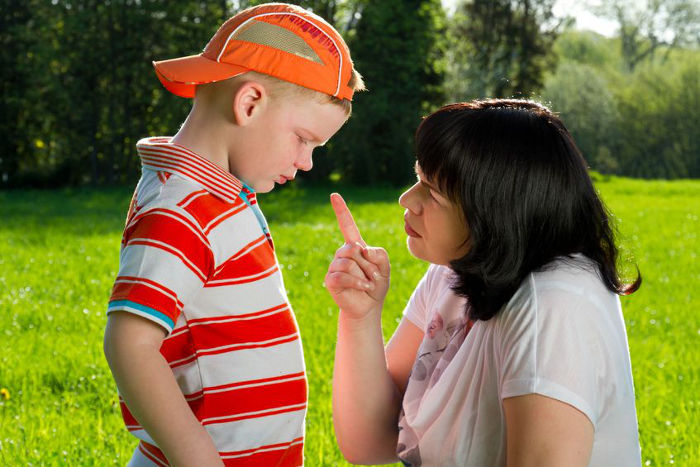
We often notice the mistakes our children make more than the good that they have done, and we are quick to point it out to them. ‘Constructive criticism,’ we say, ‘they need it’. And it’s true, our children do need to learn from their mistakes and improve from feedback. However it’s important not to over-do it, and not to neglect their great need for affirmation and approval.
DO find ways to encourage and praise your children every day. Flattery? According to experts, we should communicate at least five positive messages to our kids, for every negative one.
⇒ Recommended Read: What Are The Right Ways To Praise Your Child
#6 DON’T make your family’s business public
Whether it is screaming at your child in public or taking to Facebook with a rant against your toddler who is driving you up the wall, think twice before making your personal life so public. Besides having potentially damaging effects to your children’s self-esteem, you never know who is watching or who is reading what you post, and such things are really best kept within the family, to be dealt with in the privacy of your home.
Wherever possible (and we do understand, it is not always possible), DO leave disciplining and the long talks for when you have some privacy or space, and keep family conflicts out of social media – for the good of all involved.
#7 DON’T go back on your word
Let’s be honest, we dangle carrots more often than we know we should. Call it an incentive, a bribe or whatever name you please, we make promises to our children – both to motivate them and deter them from certain behaviours – and very often, we fail to mete out the deserved consequence. Sometimes our children don’t say it, other times they may ask “So can I have my sweet now?”, but either way, our lack of follow through on what we have said sends mixed messages to our children about values like honesty, integrity and trust.
This year, DO avoid using threats or bribes as your main strategy in parenting. And when you do use them, be sure to follow through on what you have said. If they behaved well, give them the reward that they deserve; if they act out, mete out discipline accordingly.
#8 DON’T make others your benchmark of success
As parents, we need to own our role and responsibility, not relinquish it to others in our family, our friends, or public opinion. Remember that what works for another family may not work in yours, simply because different personalities and values and systems are at play there.
Together with your spouse, DO make time to think through and talk about your family’s values, beliefs and principles, which will also have much bearing on how you parent your children. What does a ‘successful family’ look like to you, and how can you take steps – baby steps even – to achieve it? You set the tone, you set the pace.
⇒ Recomended Read: What Does Your Family Stand For?
#9 DON’T use fear as a parenting tool
Fear should never be the main motivating factor for your child’s behaviour. We are not saying don’t have consequences or discipline, but such deterrents should be properly explained to your child, lest you create an unhealthy and unhelpful climate of fear and pain, even though you have their best interests at heart.
DO always set out limits beforehand, as well as spell out the consequences of disobedience. Younger children are at a stage of discovering and exploring their newfound independence and autonomy, so be patient with them, and recognise that they are not always intentionally trying to frustrate you or to rebel.
Using physical punishment excessively may train your child to behave ‘well’ on the surface, but does little to tutor his young heart to understand and own the ‘whys’ of that behaviour, or to differentiate right and wrong for himself. If and when you do use such forms of discipline, remember to also take the time to explain your reasons to your child, and to hear him out on why he chose to act a certain way as well.
#10 DON’T do everything for your kids
It’s often neater and simpler, and always faster, to do things for our children. Things like wearing their socks and shoes, buttoning their school uniforms, packing their bags, tidying their room… but the reality is that you can’t keep doing these things for them forever. The sooner your children learn how to look after themselves and their things, the better for everyone.
DO let your children be responsible in age-appropriate ways and incrementally. Home is really the best place to start to begin inculcating values like responsibility, trustworthiness, good hygiene and orderliness. These are also essential life skills that will stand them in good stead for many years to come – their future spouses will definitely thank you for it! Don’t wait till next year – start today!
⇒ Recommended Read: 5 Ways To Increase The Sense Of Responsibility Among Kids
By Dorothea Chow,
What are your personal “Don’ts” of parenting? Share them in our comments below!
If you find this article useful, do click Like and Share at the bottom of the post, thank you.
Like what you see here? Get parenting tips and stories straight to your inbox! Join our mailing list here.



































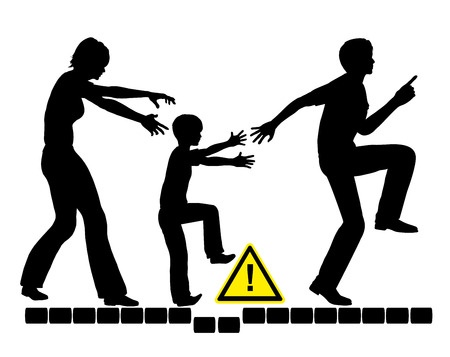




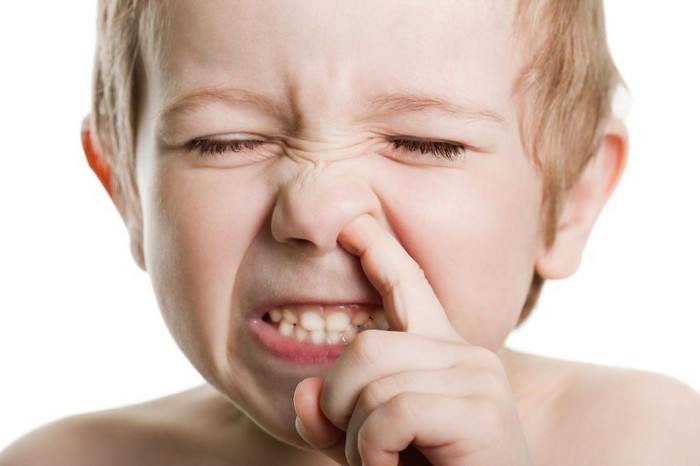


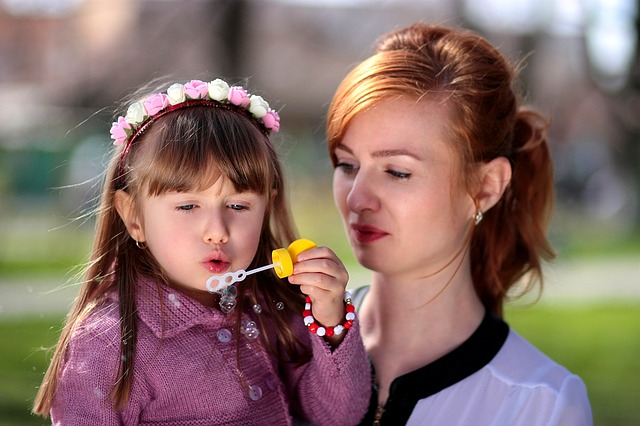


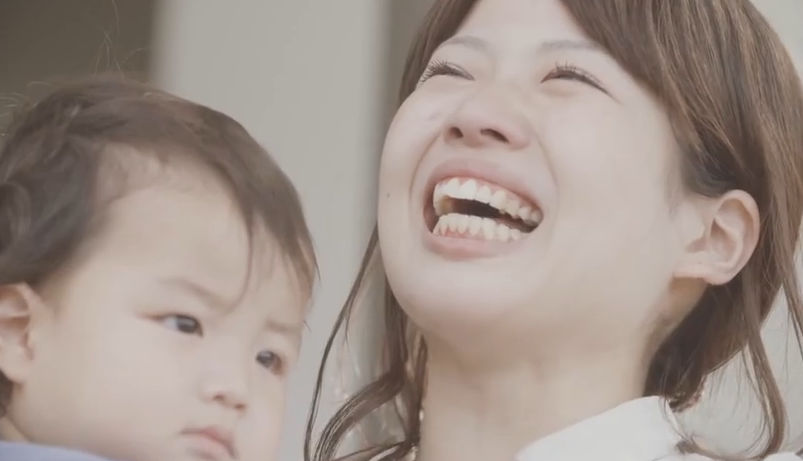

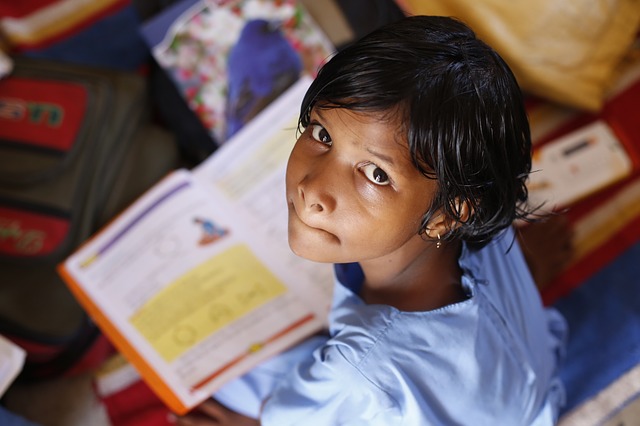











Leave a Comment: